Tagged: social media guide
Participating in causes to help make a difference and support the underprivileged can be an incredibly rewarding experience. Social media has made activism that much easier too – think of the hashtags and fundraisers people post about or how simple it is to repost other people’s posts on your story about important issues and how to get more information about the topic.
That may sound a tad overdramatic, but if you’ve ever logged onto one of your social media accounts and have seen even just one fewer follower, you likely have had a million questions begin running through your head:
It could be a notification about anything: a text from your best friend, an email, or a DM on Instagram. No matter what it is, getting that alert via vibration and/or ding! can send a wave of brief panic through your body, even if it’s a trivial random news notification about five new recipes to try this week.
Now is a sensitive time more than ever. Current events such as COVID, Black Lives Matter, and discussions over trans rights are revealing the issues with the systems that have been in place in our society for not just the past few years, but for decades and centuries, and how these issues have been affecting certain groups more than others.
It’s really easy to unintentionally hurt people’s feelings online. We may not even know we’re doing it, and it’s impossible to predict how people who follow us may respond, but everything online is going to cause some sort of reaction, no matter how big or small.
Let’s admit it. It’s so easy to get sucked into our devices and the social media apps inside of them. Even if you feel like you’re not directly interacting with anyone and just refreshing, there’s something about these apps that can make three hours feel like three minutes, despite doing nothing.
Over the past few weeks, some big changes have occurred in the United States, and many young people are actively engaged. Whether you’ve attended a protest, discussed civil rights on social media, talked to your family, or even watched the news, you’ve been involved.
The blog post includes mentions of police brutality and violence on black people. Please read with caution if any of these items triggers or upsets you.
Of course, everyone finds different things amusing (memes and self-deprecating humor are two topics we’ve covered before), but cringe humor has started to become more and more popular among adolescents on social media.
In this time of isolation and being removed from many, if not all, of your loved ones and those close to you, social media has almost become a necessity in order to connect with them. In fact, you may have seen, or even given, advice on how important it is to reach out and connect with those virtually.

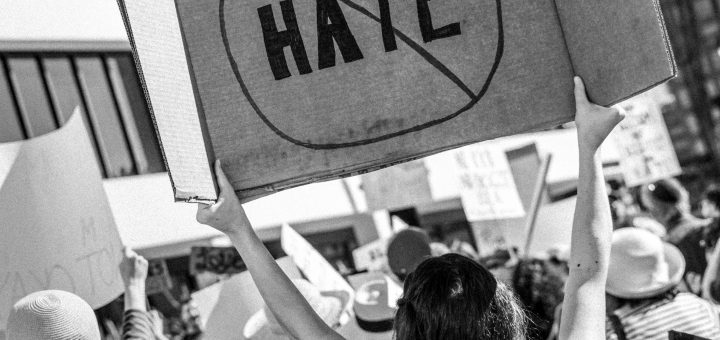

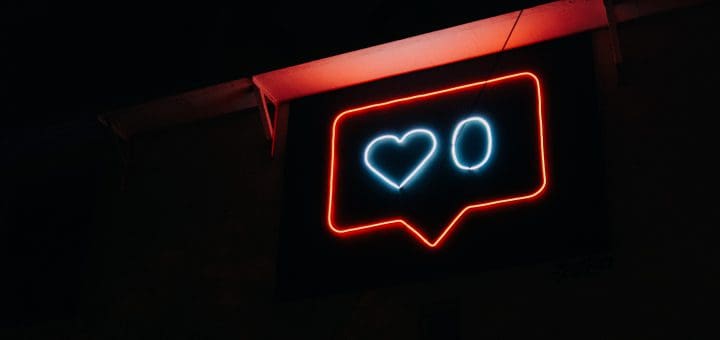
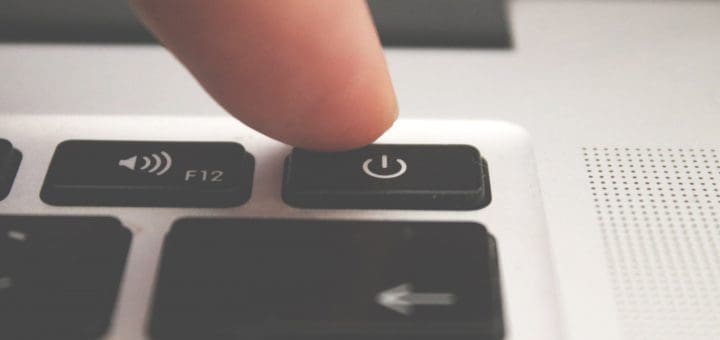
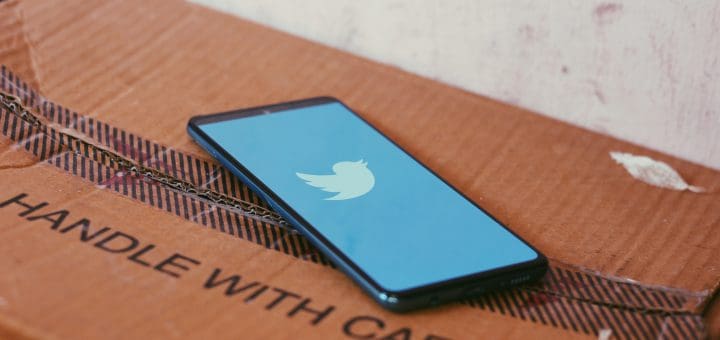
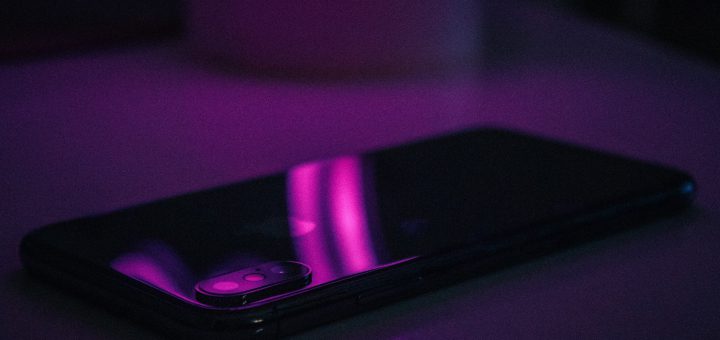



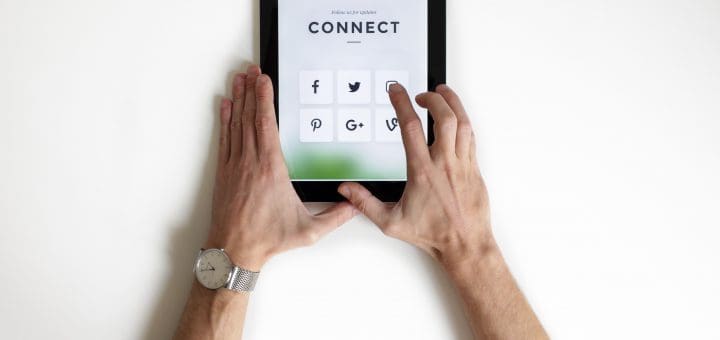
Recent Comments